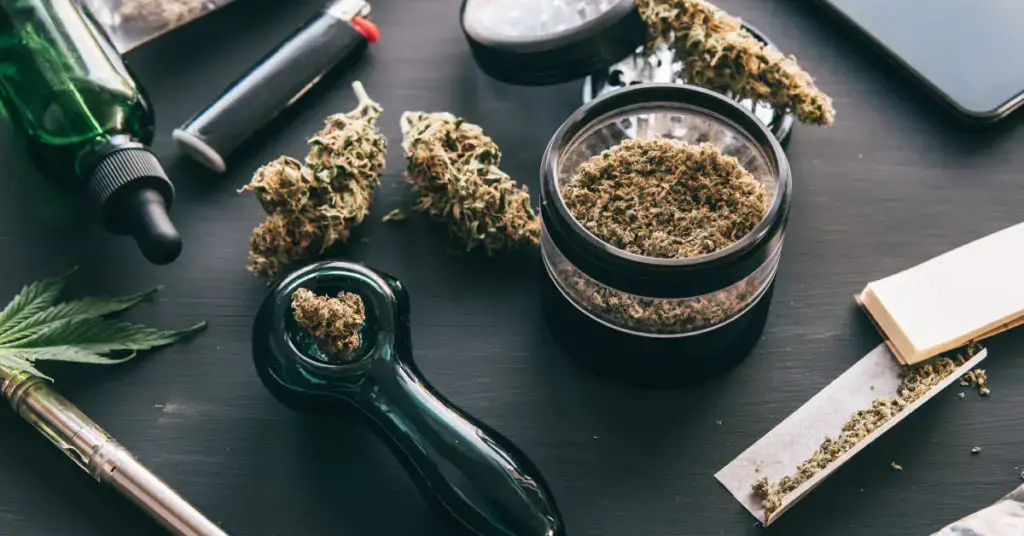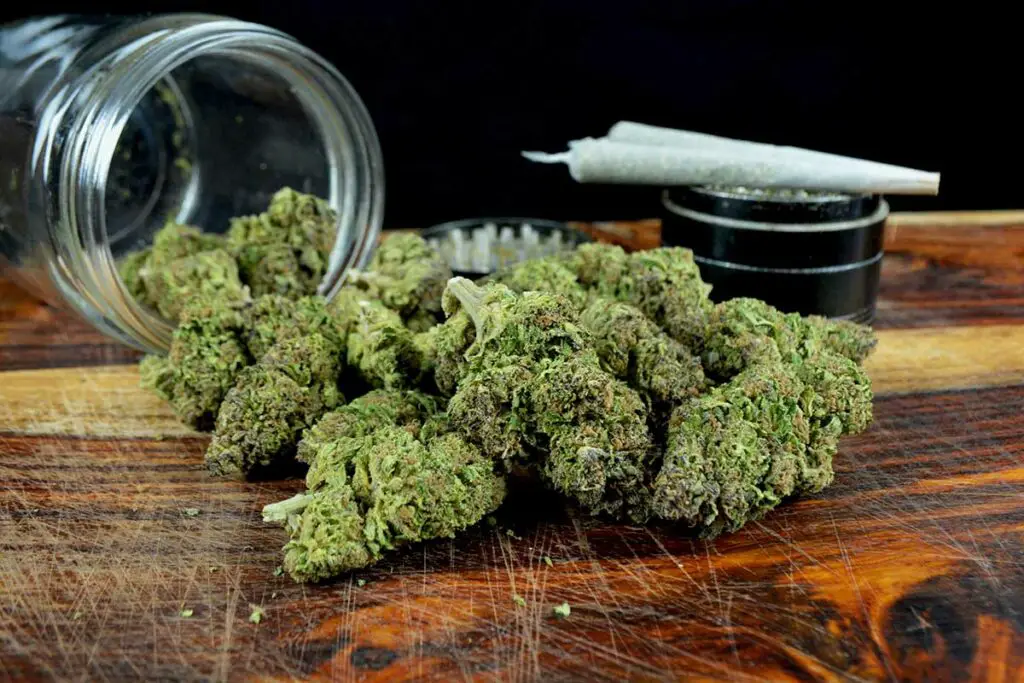As marijuana becomes more widely accepted for medical, recreational, and stress-relief purposes, a growing body of research suggests adults aged 30 and above may want to rethink their habits. Still smoking weed at 30? Learn what science has to say in this article.
Recent studies out of Australia indicate potential drawbacks for older cannabis users, raising questions about its long-term impact on life outcomes.

Smoking Marijuana After 30 Might Affect Your Success
If you’re smoking weed at 30 and still enjoy the occasional joint, new research from The University of Queensland may have some sobering news.
A study examining the life outcomes of marijuana users revealed that adults continuing the habit after 30 tend to have lower success rates across various measures. These criteria include:
- Education
- Income
- Home ownership
- Relationship status
- Reported happiness
Interestingly, the study found these negative impacts only applied to those who continued smoking weed into their 30s, suggesting younger, experimental use might not have the same consequences. However, the researchers caution against overgeneralizing their findings.

Limitations of the Study
Before swearing off marijuana altogether, it’s important to consider the study’s limitations. While the research provides intriguing insights, it has several caveats that may impact its broader applicability:
1 – Narrow Demographics
The data is based on a localized Australian population consisting entirely of mothers. Additionally, some of the information dates back to 1981, which may not reflect modern societal trends or diverse populations worldwide.
2 – Questionable Success Markers
The study uses criteria like home ownership and relationship status as markers of success, which are highly subjective. Cultural and geographical factors heavily influence these measures.
For instance, many successful individuals today opt for renting or embracing a digital nomad lifestyle, and being single doesn’t inherently indicate failure.
3 – Overlap with Other Drugs
The study didn’t fully account for the potential influence of polydrug use. Researchers admitted they lacked sufficient data on other substances, such as synthetic drugs or opioids, that might also contribute to the negative outcomes observed in some participants.
What Does This Mean for You?
Ultimately, the research highlights the importance of moderation and self-awareness.
Experimenting with marijuana in your youth won’t necessarily derail your future, but overuse in adulthood might have unintended consequences.
Tips for Responsible Use:
- Monitor your motivation levels and performance at work.
- Keep track of your spending habits to ensure cannabis isn’t impacting your finances.
- Make sure marijuana doesn’t interfere with personal relationships or responsibilities.
If you find the habit affecting your life negatively, it may be time to consider cutting back or quitting altogether.
Please SHARE this article with your family and friends on Facebook.





